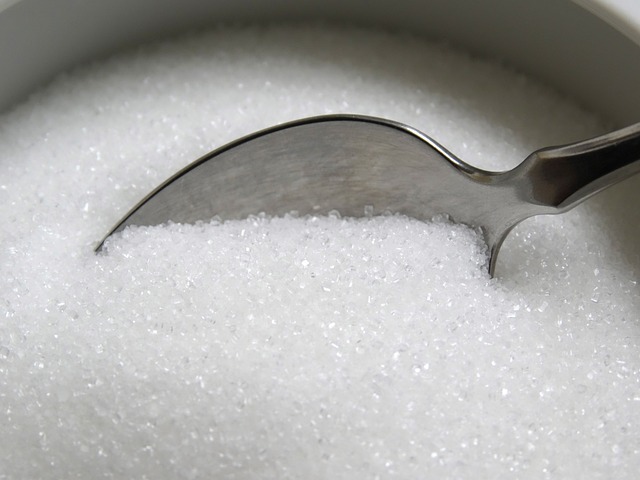-
A total of 440,00 metric tons (MT) of refined sugar has been approved by the Sugar Regulatory Administration (SRA) for importation aimed at maintaining a balanced supply and stable prices for domestic consumption
-
SRA Sugar Regulatory Order No. 06 dated February 6 provides the second sugar import program for crop year 2022-2023
-
Of the total 440,000 MT, 200,000 MT will be allocated to consumers and 240,000 MT as buffer stock for release to consumers upon the approval of the SRA Board
-
The first 100,000 MT should arrive as soon as possible while the remaining 100,000 MT should arrive before April 1, 2023
-
The 240,000 MT buffer stock should arrive not earlier than April 1, 2023
The Sugar Regulatory Administration (SRA) has approved importation of 440,00 metric tons (MT) of refined sugar to keep prices of the commodity stable.
SRA Sugar Regulatory Order (SRO) No. 06 dated February 6 provides the second sugar import program for crop year 2022-2023.
SRA said the approval takes “into consideration the unpredictable weather conditions and the anticipated increase in demand of sugar due to the easing of restrictions brought about by the pandemic…”
Sugar has seen elevated prices in recent months due to short supply.
Prior to SRO No. 06, President Ferdinand Marcos, Jr. through SRO No. 2 last year approved the importation of 150,000 MT of refined sugar as part of the sugar importation program for crop year 2022-2023.
Marcos OKs 150,000MT sugar importation
The first 100,000 MT of the 200,000 MT should arrive as soon as possible while the remaining 100,000 MT should arrive before April 1, 2023. The 240,000 MT buffer stock, meanwhile, should arrive not earlier than April 1, 2023.
The volume allocated to an eligible importer will be recommended by the SRA Board and approved by the Department of Agriculture (DA), both headed by Marcos.
The import program is open to those registered with SRA as an international sugar trader in good standing and provided they are engaged in actual purchase of locally produced sugar directly from local producers and in selling the sugar to consumers.
The SRA Regulation Departments in Quezon City and Bacolod City will begin accepting applications and requirements for importation from the date of effectivity of SRO No. 06, for five calendar days. The award of the allocations will be given within five calendar days from the last day of acceptance of applications. SRO No. 06 takes effect three days after it was filed with the Office of the National Registrar of the University of the Philippines College of Law on February 15.
The SRA will collect a fee of P33 per 50-kilogram (kg) bag of imported refined sugar as SRA clearance fee.
Every allocation of imported raw and refined sugar is subjected to a bond of P850 per 50 kg bag, unless otherwise waived or reduced by DA in cases of emergency or when there is a need to address high consumer retail prices, or upon justified circumstances.
The imported sugar should only be stored in an SRA-registered warehouse or directly to the consumers’ warehouse as indicated in the importer’s application. The declared consumers’ warehouse must be pre-inspected to avoid co-mingling of imported sugar stocks and domestic sugar stocks.
Imported sugar may also be stored in the same SRA-registered warehouse where domestically produced sugar is stored, provided that the imported sugar will be segregated as a separate pile for monitoring of SRA.
Non-compliance or violation of any provision of SRO No. 06 or other SRA policies by eligible importers will result in the forfeiture of their entire performance bond without prejudice to other sanctions that SRA may deem proper.
Any person that imports sugar that is not an eligible importer or without the approved allocation granted by SRA will be considered engaged in sugar smuggling and will be prosecuted under Republic Act No. 10845 or the Anti-Agricultural Smuggling Act and other existing laws, rules, and regulations.





